Research & Development Projects
Speech and Video Recognition, Machine Learning, Big Data Analytics, Software Integration, Media Analysis
DeepStream
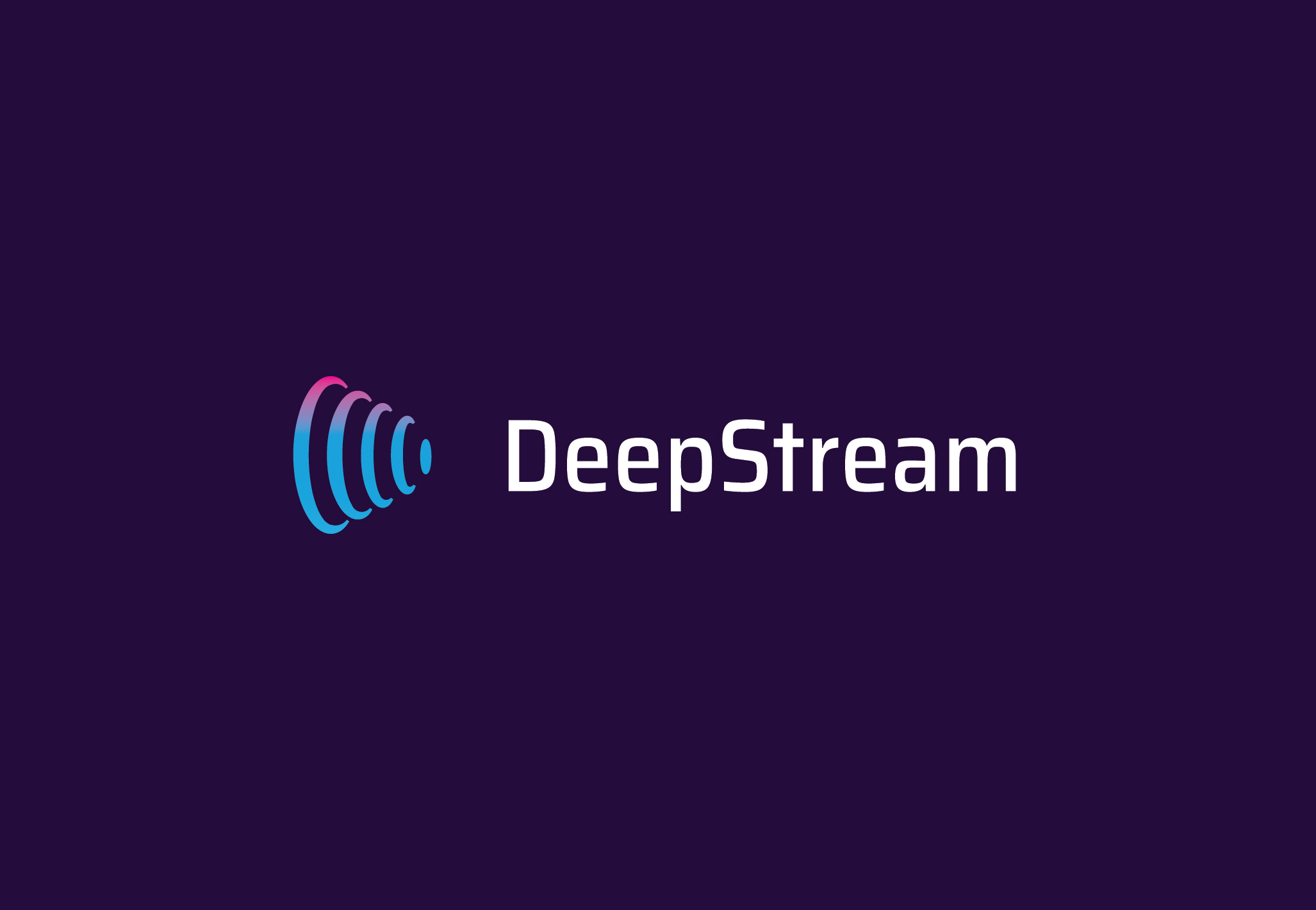
Platform for automated semantic video analysis using deep learning methods
The DeepStream project aims to develop a comprehensive and flexible platform for automated semantic video analysis using deep learning methods, capable of supporting learning with a few training examples, but also continuous interaction with its users so that it can be easily adapted to their needs. The proposed platform will be a useful tool for the analysis of available media with a variety of applications in market analysis, advertising, campaign planning and journalism. The users will be able to create their own machine learning models directly in a multimedia information management system utilizing active and deep learning techniques. The platform will allow the easy collection, analysis and visualization of big data, utilizing special visual communication techniques for efficient flow and understanding of information.
The project started in 2021 with a planned duration of 24 months.
Keywords: Speech recognition, cultural assets, audiovisual streams
Website: https://deepstream.datascouting.com/
Funding: Action “RESEARCH – CREATE – INNOVATE”, co-financed by Greece (Operational Program “Competitiveness, Entrepreneurship and Innovation” 2014-2020-EPAnEK, National Strategic Reference Framework-NSRF) and the European Union (European Regional Development Fund).
OAVA
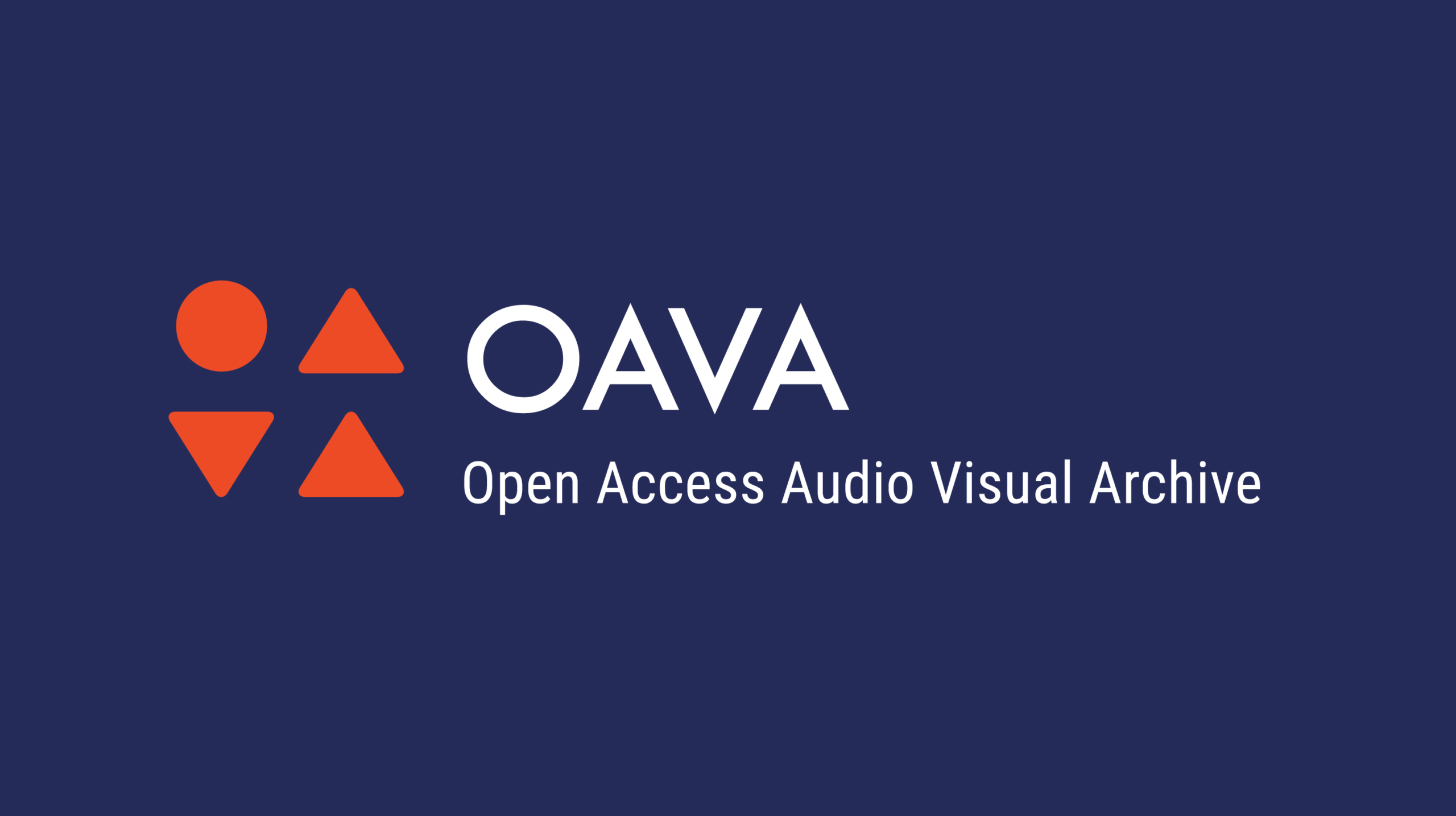
Open Access AudioVisual Archive
The OAVA project aims to create an annotated audiovisual training/testing dataset, design and implement deep learning models and develop algorithms that perform Automatic Speech Recognition in Greek and in English. At the same time, utilizing the technical expertise regarding audiovisual stream analysis of DataScouting, the ASR deliverables and the scientific expertise of the Department of Library Science, Archives and Information Systems, a free-to-access unified search engine of open access audiovisual content will be created based on library standards. At the same time the ASR module will be used commercially by DataScouting and it will replace the proprietary software that is currently in use.
The project started in 2020 with a planned duration of 30 months.
Keywords: audiovisual material, speech to text technologies, cultural heritage, archives, open access, automatic speech recognition, information retrieval, content aggregators
Website: https://openvideoarchives.gr/
Funding: Action “RESEARCH – CREATE – INNOVATE”, co-financed by Greece (Operational Program “Competitiveness, Entrepreneurship and Innovation” 2014-2020-EPAnEK, National Strategic Reference Framework-NSRF) and the European Union (European Regional Development Fund).
GRUBLES
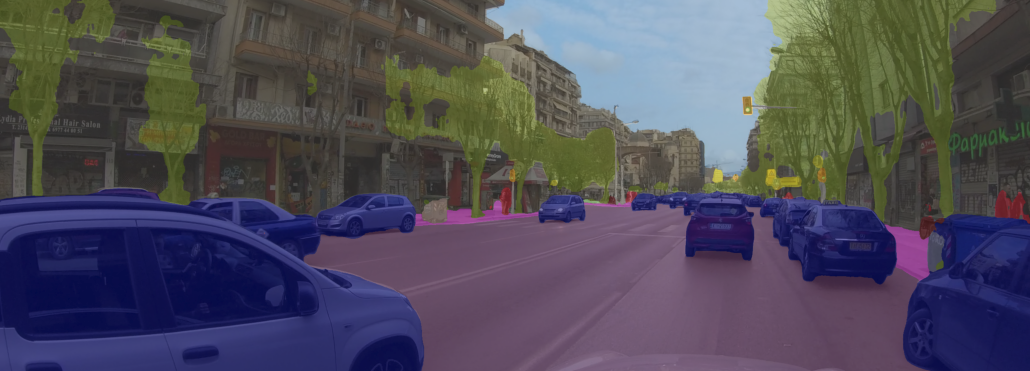
GeoReferenced Urban Landscape and Socioeconomic Indicators using Machine Vision
The GRUBLES project aims to extract landscape and socioeconomic indicators of an area using machine vision on 360 degree photographs that can be captured through driving in the city. With the use of deep learning, GRUBLES will automatically process the images and identify features, such as trees, street lighting and lighting fixtures, trash bins, pavements, and cars. Those features will be correlated with secondary indicators, such as unemployment rates.
Collecting landscape and socioeconomic indicators is a very expensive process since it needs the local supervision of engineers or experts. DataScouting will try to automate this process with the use of machine vision and deep learning.
The project started in 2020 with a planned duration of 30 months.
Keywords: landscape and socioeconomic indicators, machine learning, machine vision, deep learning, video processing, smart cities, geoinformatics, deep neural networks, GIS
Website: http://grubles.datascouting.com/
Funding: Action “RESEARCH – CREATE – INNOVATE”, co-financed by Greece (Operational Program “Competitiveness, Entrepreneurship and Innovation” 2014-2020-EPAnEK, National Strategic Reference Framework-NSRF) and the European Union (European Regional Development Fund).
DeepFinance
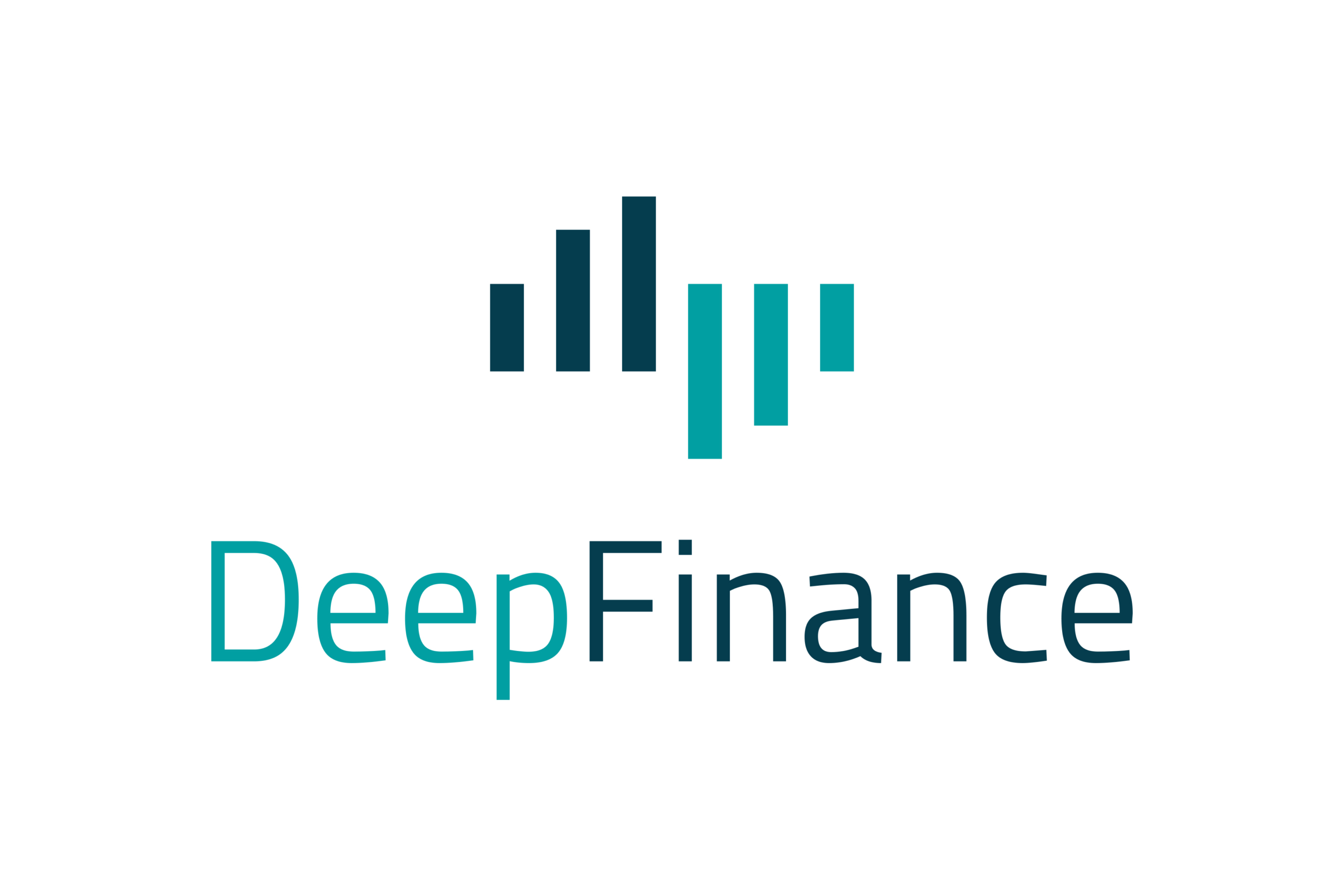
Deep Learning for Intelligence Financial Portfolio Management Leveraging Semantic Analysis of Social Media
The DeepFinance project aims to develop a complete platform for semantic and sentiment analysis from social media streams using deep learning. This platform can be then used to further develop unified tools for financial portfolio management that can effectively fuse multi-modal information that is extracted from various sources (including social media streams).
Within the context of DeepFinance, DataScouting aim to:
- Develop deep learning tools for automated portfolio management, in order to achieve better performance compared to the currently used strategies that mainly consist of handcrafted decision rules.
- Develop a platform for semantic analysis of social media streams, e.g., twitter, blogs, etc., in order to provide semantic and sentiment analysis services for specific stocks, financial indices and so on.
The project provides a solid step towards advanced and competitive products for deep learning-based financial analysis and portfolio management, and also the opportunity for DataScouting to develop innovative and groundbreaking products, through which it will provide cloud services for semantic and sentiment analysis of data harvested from social media streams for financial purposes.
The project started in 2020 with a planned duration of 24 months.
Keywords: deep learning, machine learning, intelligent financial portfolio management, sentiment analysis, social media, semantic analysis, stocks, financial indices, financial analysis, time-series analysis, deep reinforcement learning
Website: https://deepfinance.csd.auth.gr/en/
Funding: Action “RESEARCH – CREATE – INNOVATE”, co-financed by Greece (Operational Program “Competitiveness, Entrepreneurship and Innovation” 2014-2020-EPAnEK, National Strategic Reference Framework-NSRF) and the European Union (European Regional Development Fund).
HapticSOUND
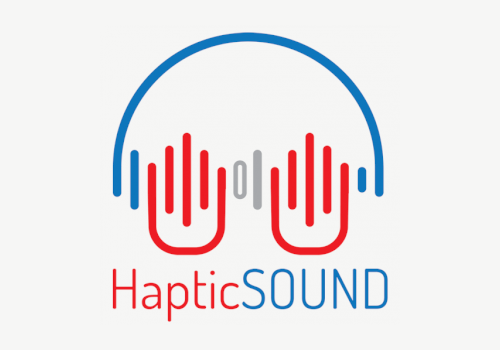
Analysis, documentation and demonstration system for traditional musical instruments at the Cretan Ethnology Museum
The HapticSOUND project aims at creating an analysis, documentation and demonstration system for traditional musical instruments at the Cretan Ethnology Museum (CEM), which will involve visitors in a personalized experience of transmittal of cultural knowledge in an active, pleasant, and creative way. The proposed system can act as a bridge between the audience (visitors) and the cultural sources drawn upon (historians, folklorists, musical instrument makers, musicians, etc.), contributing to the understanding, dissemination and preservation of both tangible and intangible cultural heritage in the field of the traditional Cretan music. In all HapticSOUND development and operational phases, non-interventional techniques are used so that the integrity of exhibits is maintained.
The main idea of HapticSound is based on the triptych: briefing, interaction, entertainment. The proposed system involves the creation of a demonstrative installation for informing Museum visitors about the musical instruments exhibited in it, their familiarization with the sounds they can produce, as well as their workings (playing) and construction. The visitor’s participation is supported in an experiential learning by studying the operational model of the musical instrument, which scales from simple sound creation up to playing musical patterns. Moreover, studying the structural model of the musical instrument is also supported, in terms of its assembly, in the context of a serious game.
The project started in 2020 with a planned duration of 36 months.
Keywords: Traditional Musical Instruments, Cretan Ethnology, Sensorimotor Learning, Musical Instrument Sampling, Bone Conduction, Serious Game
Website: https://hapticsound.uom.gr/hs/en/home-2/
Funding: Special Actions “Aquaculture” – “Industrial Material” – “Open Innovation in Culture” under the operational programme “COMPETITIVENESS, ENTREPRENEURSHIP & INNOVATION” (EPAnEK), co-financed by Greece (Operational Program “Competitiveness, Entrepreneurship and Innovation” 2014-2020-EPAnEK, National Strategic Reference Framework-NSRF) and the European Union (European Regional Development Fund).
THE.ME.DO.COM

Thessaly Memory Documentation and Communication
The THE.ME.DO.COM project aims at creating two new innovative integrated web-based platforms: one for preservation-management-dissemination of archival digital documents and one for text and data mining of these documents.
These archival materials reflect the history and operation of the University of Thessaly and they contribute to the research, study, and promotion of the cultural heritage of the Thessaly region.
The main objectives of the project are:
- The development and the full function of the above-mentioned platforms as research tools.
- The creation of new digital cultural heritage archival documents.
- The development of new digitization and cultural heritage documentation technologies, techniques and methods with regards to materials from the University of Thessaly and the region’s history.
The project started in 2018 with a planned duration of 24 months.
Keywords: archives, archival documents, machine learning, speech recognition, machine vision, data mining, digital cultural heritage, digitization, cultural heritage documentation technologies, text mining
Website: http://themedocom.datascouting.com/
Funding: Action “RESEARCH – CREATE – INNOVATE”, co-financed by Greece (Operational Program “Competitiveness, Entrepreneurship and Innovation” 2014-2020-EPAnEK, National Strategic Reference Framework-NSRF) and the European Union (European Regional Development Fund).
DETCC
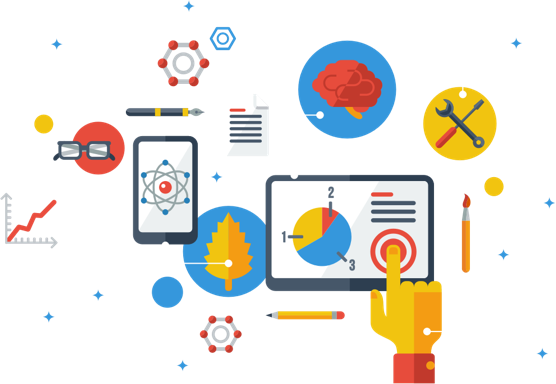
Digital Enabler of Tourism and Cultural Companies
The goal of the DETCC project is to build an online platform for small and/or new businesses that are active in the fields of tourism, culture and creative industries. The platform should offer them digital tools, online services and options to interconnect and work with finance experts (economists, accountants or tax consultants).
The primary objective of this project is:
- The integration of digital technology in small businesses and Cultural and Creative Industries (CCIs).
- The increase in their competitive ability.
- The digitization of a big portion of their physical documents.
- The increase of networking levels between businesses of the culture, tourism and creative industries.
Technologically, the platform will be based on 3-tier architecture.
- Storage and database
- The actual web application – platform.
- The presentation module of the application.
The project started in 2018 with a planned duration of 36 months.
Keywords: tourism, cultural and creative industries, online services, digital technology, digitization, web applications, platform, finance, digital applications, online invoicing, accounting, cost management, e-marketplace, income, expenses, cash
Website: http://detcc.datascouting.com/
Funding: Action “RESEARCH – CREATE – INNOVATE”, co-financed by Greece (Operational Program “Competitiveness, Entrepreneurship and Innovation” 2014-2020-EPAnEK, National Strategic Reference Framework-NSRF) and the European Union (European Regional Development Fund).
ECARLE

Exploitation of Cultural Assets with computer-assisted Recognition, Labeling and meta-data Enrichment
The ECARLE project aims at creating an innovative information platform to automate the recognition, analysis, labeling and metadata enriching of cultural assets, allowing organizations and libraries to easily create new layers of information on existing digitized documents, improving interoperability and reutilization, optimizing the dissemination to both the general public and the specialized researcher.
The project will also enhance the knowledge that exists in digital form on the “virtual shelves” of cultural organizations through computer science, standards and digital humanities procedures, resulting in an integrated solution that can be employed in Greece or in other countries. The project objective is to develop integrated Software as a Service (SaaS) solutions that can get as input digitized documents and automatically enrich them with semantic metadata, producing XML files compliant with the international standard Text Encoding Initiative.
The project started in 2018 with a planned duration of 36 months.
Keywords: automation, semantic metadata, data management, libraries, digitization, OCR, optical character recognition, text mining, named entity recognition, information extraction, semanding indexing, software-as-a-service, machine learning, interoperability, virtual shelves, computer science, digital humanities, SaaS, text encoding
Website: http://ecarle.web.auth.gr/
Funding: Action “RESEARCH – CREATE – INNOVATE”, co-financed by Greece (Operational Program “Competitiveness, Entrepreneurship and Innovation” 2014-2020-EPAnEK, National Strategic Reference Framework-NSRF) and the European Union (European Regional Development Fund).
DACHS
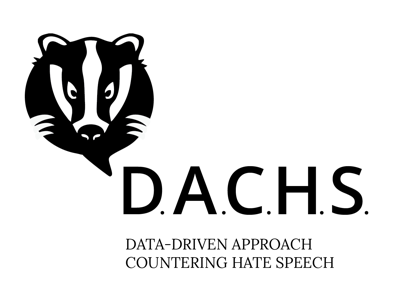
Α Data-driven Approach to Countering Hate Speech
The DACHS project focuses at countering hate speech directed at journalists, including news outlets, on Facebook, YouTube and Twitter. The primary objective of DACHS is to detect underlying patterns of, and develop strategies for journalists to counter hate speech, including closer collaboration with platform operators.
At least 250.000 professional journalists in Europe (and other stakeholders) are expected to benefit from DACHS and by further extension, other vulnerable groups in Europe.
The project started in 2017 with a planned duration of 18 months.
Keywords: hate speech, social media, Twitter, YouTube, journalism, annotation, automatic detection, smart decision support system, semantic analysis, machine learning, predictive analytics, data maintenance, platform integration
Website: https://hatedetection.com/
Funding: EU Rights, Equality and Citizenship Programme
ICT4Growth
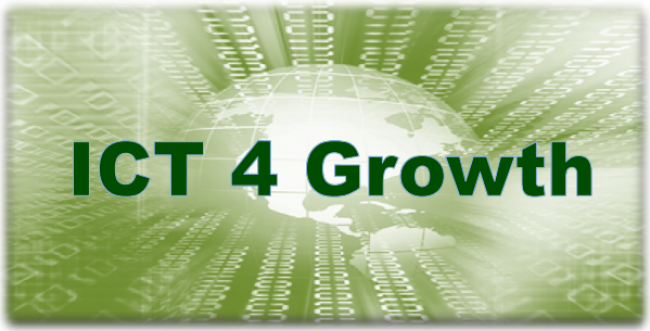
Business Support for the Implementation of Investment Projects for the development-provision of innovative products and value-added services TV
The main purpose of the state aid action ICT4Growth was to support investment projects in the design, development and commercialization of innovative products and value-added services, related to or based on Information and Communication Technologies (ICT). To this, DataScouting received funding to create a state-of-the-art TV and Radio media monitoring system.
During the 3-year research program that started in 2013, DataScouting invested and created one of the first versions of its state-of-the-art MediaScouting Broadcast platform, focusing on special modules, such as speech recognition and logo detection.
The action started in 2014 with a planned duration of 36 months.
Keywords: Information and Communication Technologies, MediaScouting Broadcast, speech recognition, logo detection, media intelligence, machine vision, speech recognition, broadcast monitoring software
Funding: Action of National Strategic Reference Framework of the Operational Programme “Digital Convergence” 2007-2013.




